Matilde Landeta :
Viva la Revolucion !
PostED ON 15.10.2024
Lumière pays homage to a pioneer of Mexican cinema as part of the Permanent History of Women Filmmakers series. Portrait of a fighter.
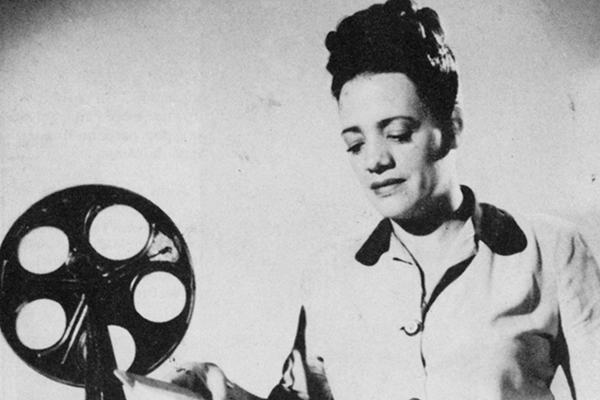
© DR
Cinema was her life and her life was cinema. It was like a big, heavy social drama set in 1940s and 1950s Mexico, where Matilde Landeta (1910-1999), of bourgeois background, in the spirit of a guerrilla heroine, succeeded in directing four films against the will and wishes of the men who had locked her out of the industry.
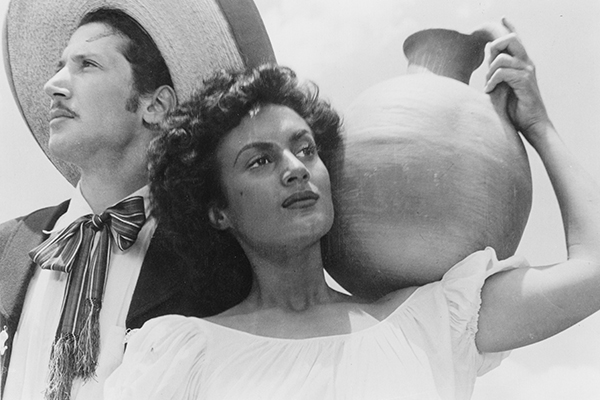
La Negra Angustias (1950) © DR
Her first three works, screened in Lyon, illustrated her determination. Indirectly, she was expressing herself and her daily struggle. Lola Casanova (1949), in a style similar to a western, told the story of a nobleman's daughter who ended up joining the cause of the Indians who had kidnapped her. In The Black Anguish, she gave the leading role to a mulatto, who, after killing the man who tried to rape her, became a figure in the Zapatista revolution - an astonishing portrait of a liberated woman. Finally, in Trotacalles, she directed the tale of two sisters who dreamt of different lifes but allowed themselves to be manipulated by the same man. ‘Through film, I have never ceased to show women as something other than sacrificial mothers and resigned wives”, she would say.
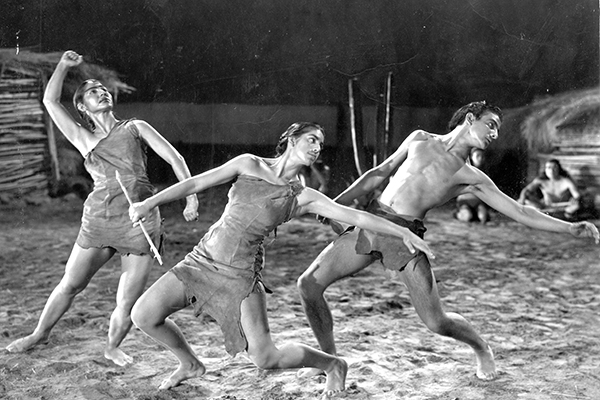
Lola Casanova (1949) © DR
Matilde Landeta could trace her inspiration for directing back to her childhood: “In the courtyard of the building where we lived, we used to play ‘theatre’ with my brother and other children. I remember giving them hell until they knew their lines”.
Her brother Eduardo, who became an actor in 1931, when she was 21, opened the doors to the world of cinema for her. She became a make-up artist and then a screenwriter with the help of director Miguel Zacarias. She participated in 60 films, including Maria Candelaria, selected for the first edition of the Cannes Film Festival.
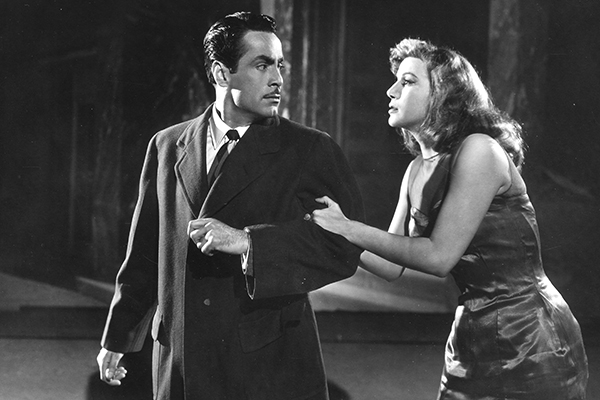
Trotacalles (1951) © DR
However, as the first woman to manifest such ambition, she had to first succumb to the humiliating terms dictated by the all-powerful union. “We could only be actresses, vehicles of seduction,” she commented, “but Maria Felix and Dolores del Rio were already doing that very well”. Screenwriting was a step in the right direction, but Matilde wanted to direct. To be the boss. “I was so fed up with feeling discounted because I was a woman”. One morning, she arrived wearing a hat and trousers that her aunt had sewn her and asked a make-up artist friend to stick on a moustache. “And I went into the studio, shouting in the manliest voice possible, ‘Camera! Quiet!’ Everybody laughed! But I was being very serious.” The same union organised a general meeting and, thanks to the votes of ‘a handful of Don Quixotes’ who supported her cause, Matilde became an assistant director. She shot 14 films in 12 years. “I learnt all about technique from working with some of our best filmmakers, but also some of the worst...” The last stage was the most painful. Aware that no one would do her any favours, she founded a production company with her brother. She mortgaged her house and sold her car to work on Lola Casanova, which was made for 16,000 pesos. The male chauvinists of the industry made her pay for her audacity- in cash. The distributor ‘lost’ a reel, then postponed the release for a year, until it was only showing in a cinema that screened exclusively B movies. Her second film suffered a similar fate: in the 1980s, a new generation of critics wrote about how “her talent had been wasted by an archaic society”. Matilde harboured no ill-will about this. She was quite proud of the 110 scripts she said she had written and kept in a hanging filing cabinet. On the rare days when she was feeling blue, she would stand in front of the wall where she had framed a number of honours she had received, mainly abroad. “I did what I wanted to do”.
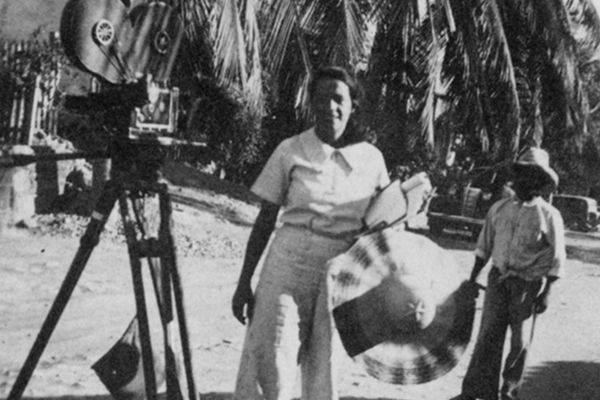
© DR
Carlos Gomez
Screenings of the retrospective
Lola Casanova by Matilde Landeta (1949, 1h30)
Pathé Bellecour Tue 15 9:15pm | Institut Lumière (Villa) Thu 17 4:15pm |
Institut Lumière (Villa) Thu 17 4:30pm
La negra Angustias by Matilde Landeta (1950, 1h26)
Pathé Bellecour Thu 17 7:15pm | Institut Lumière (Villa) Fri 18 9:30pm |
Institut Lumière (Villa) Fri 18 9:45pm
Trotacalles by Matilde Landeta (1951, 1h41)
Institut Lumière (Hangar) Sun 13 9:15am | Lumière Terreaux Tue 15 11am |
Pathé Bellecour Wed 16 9:30pm

